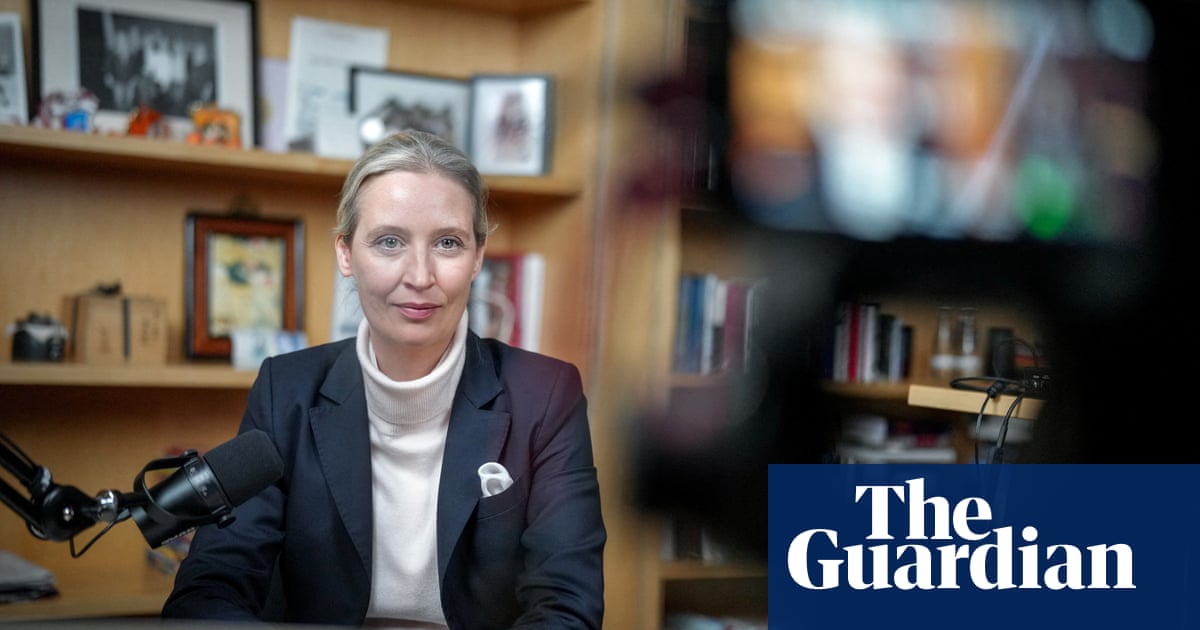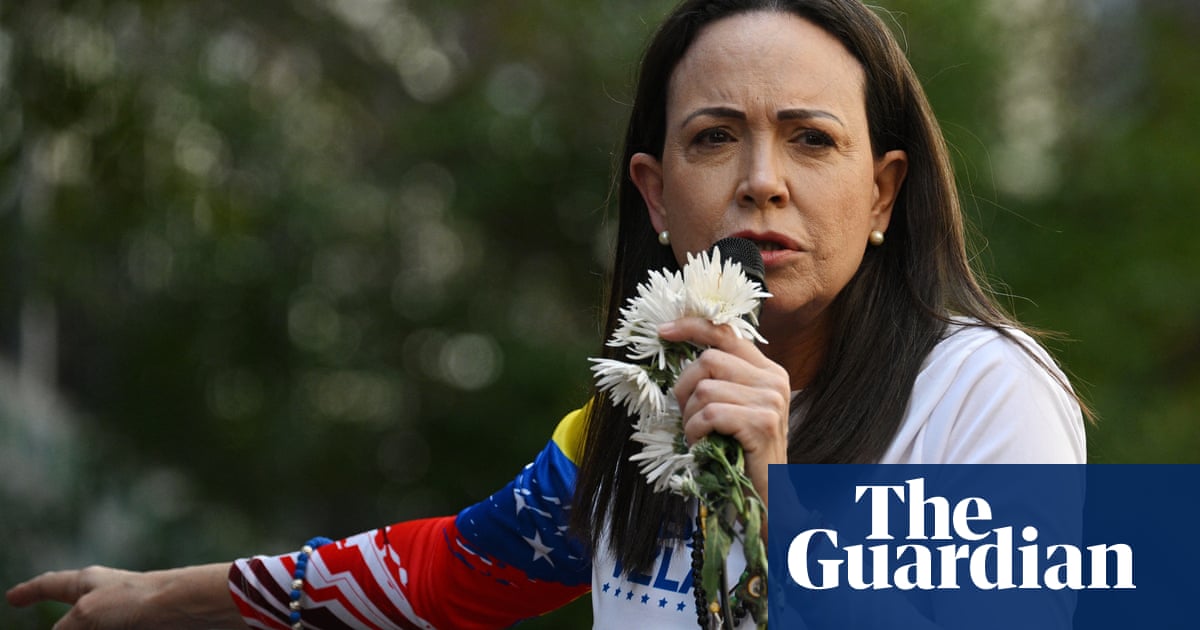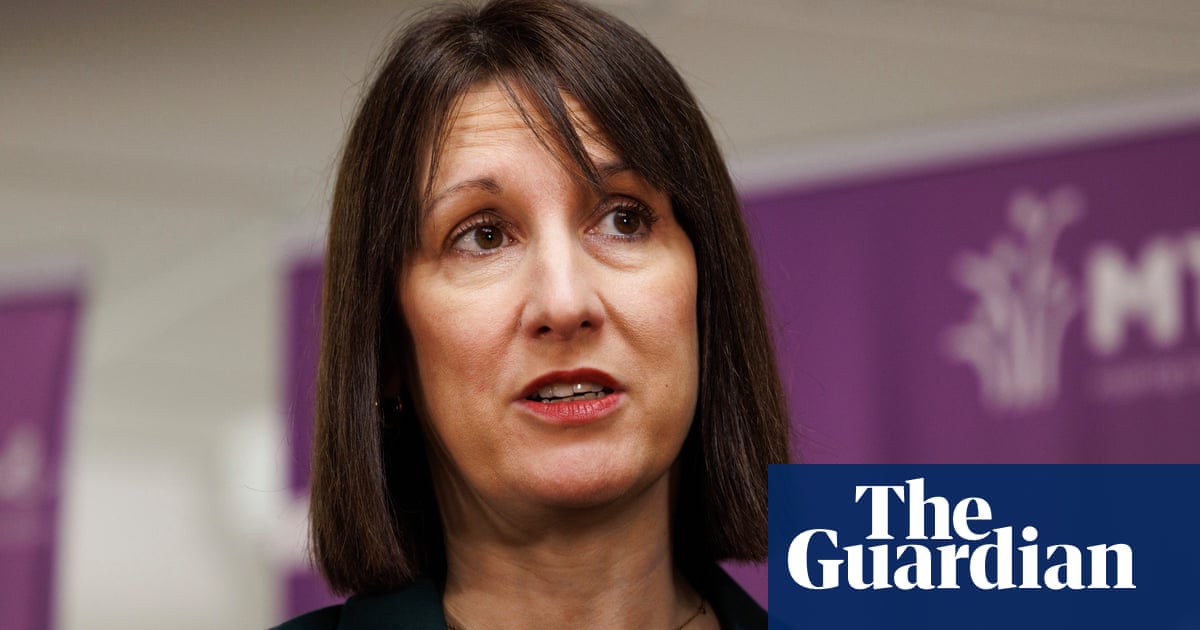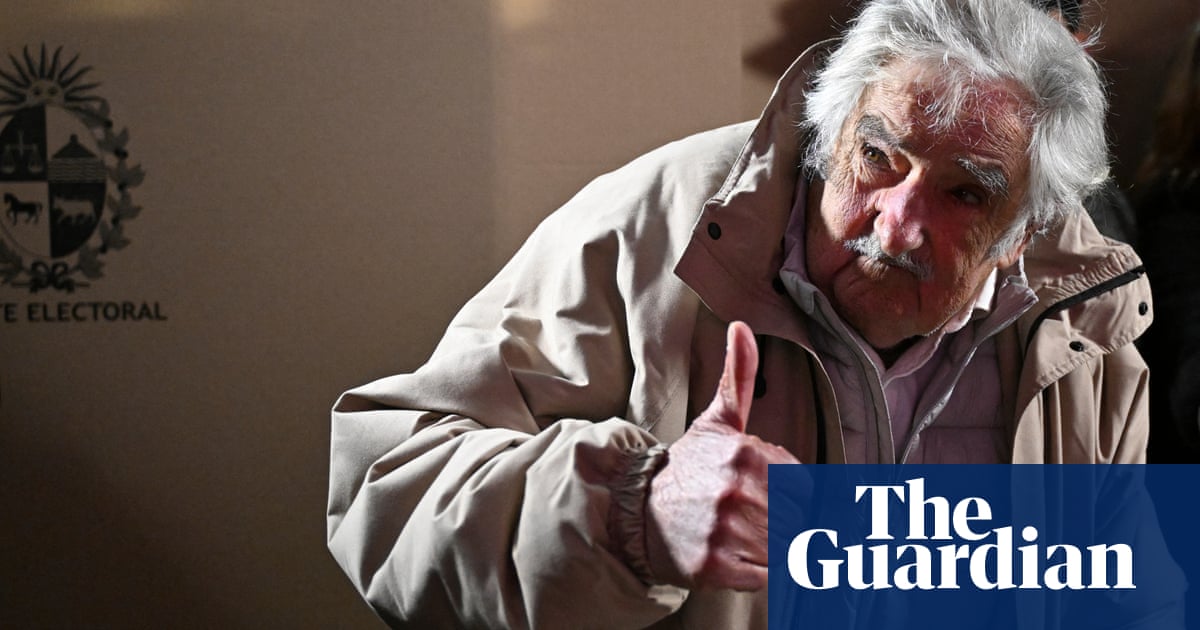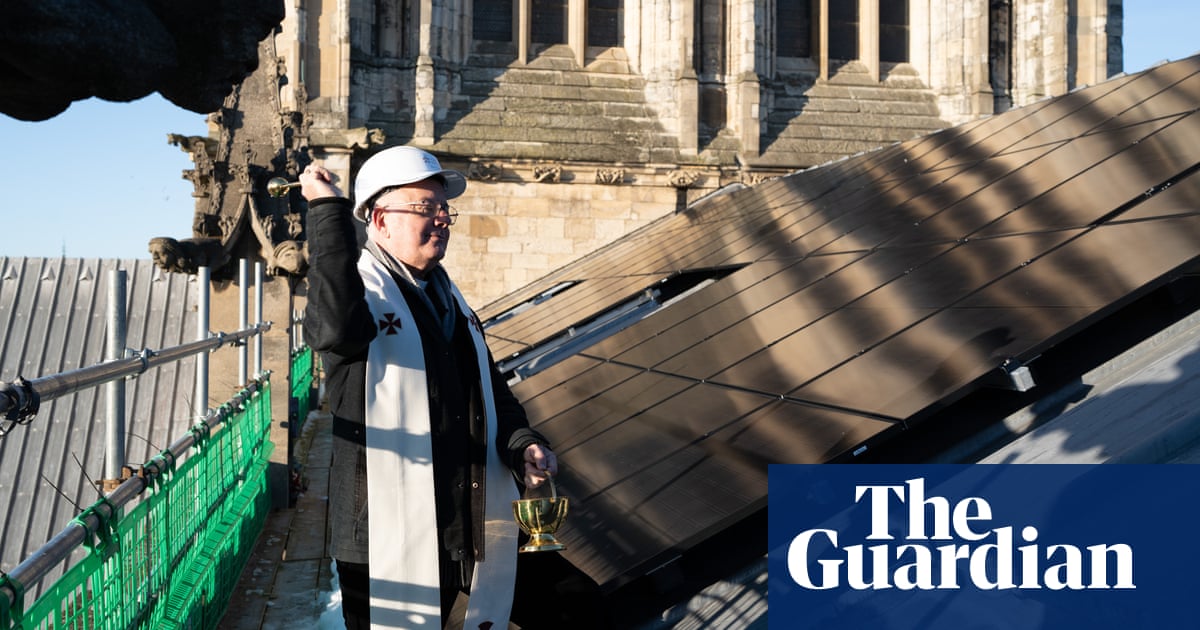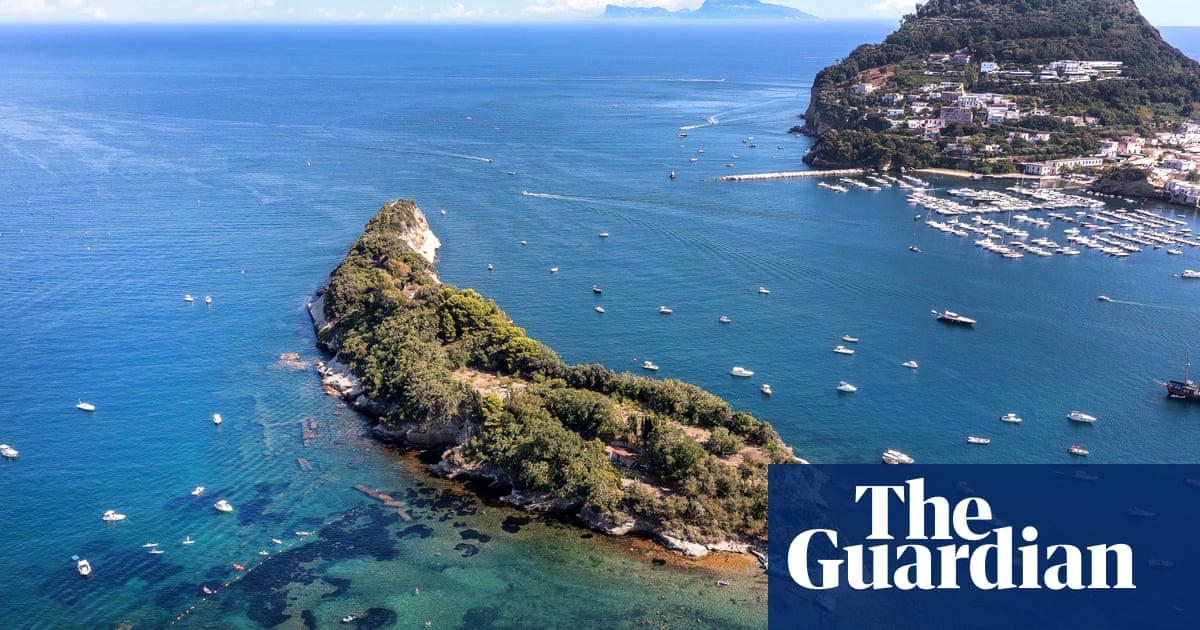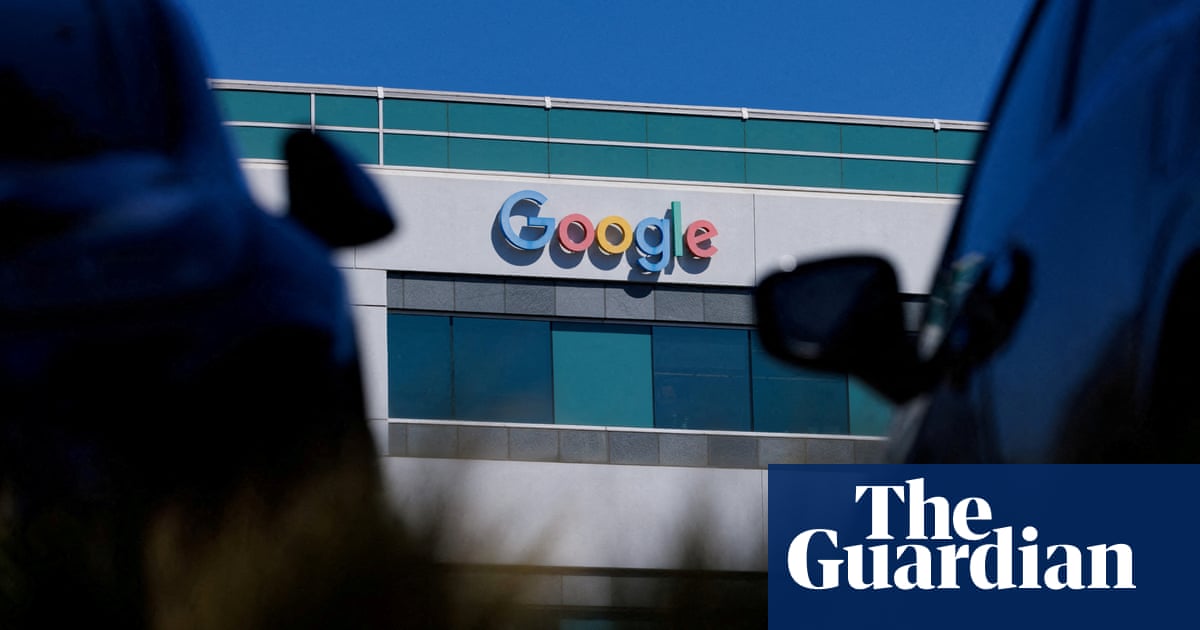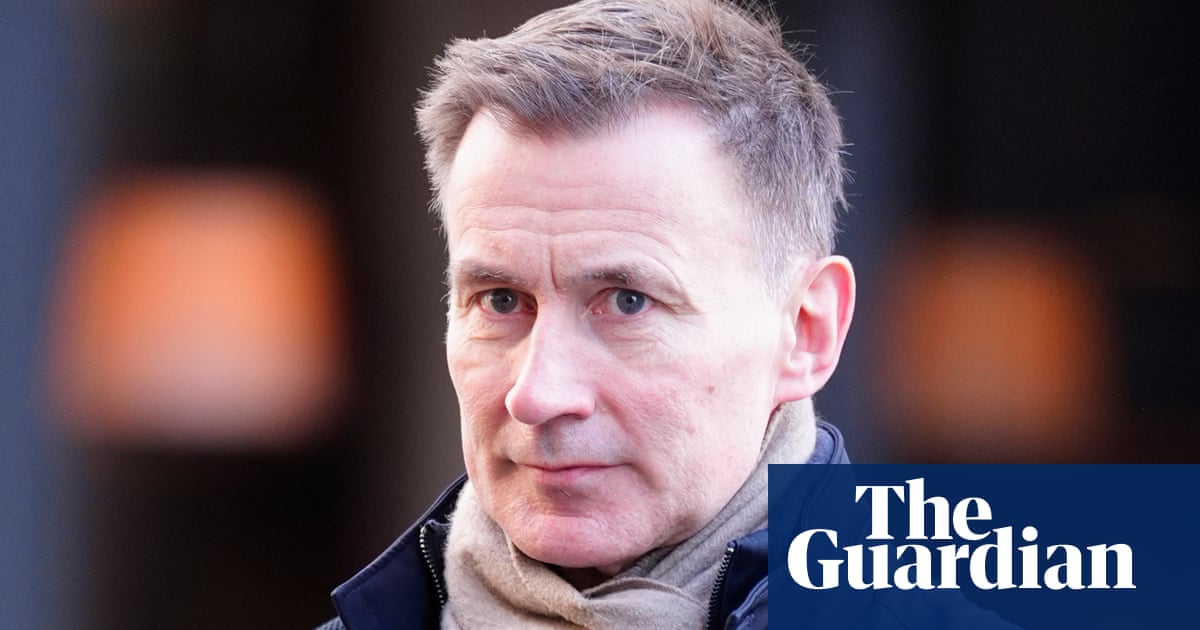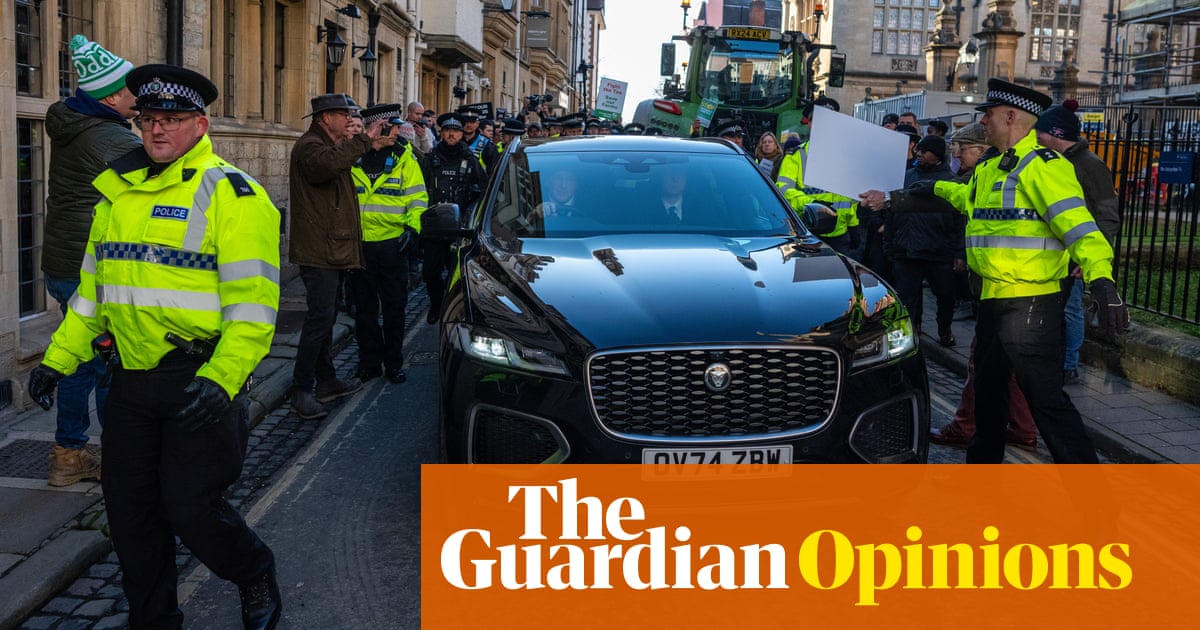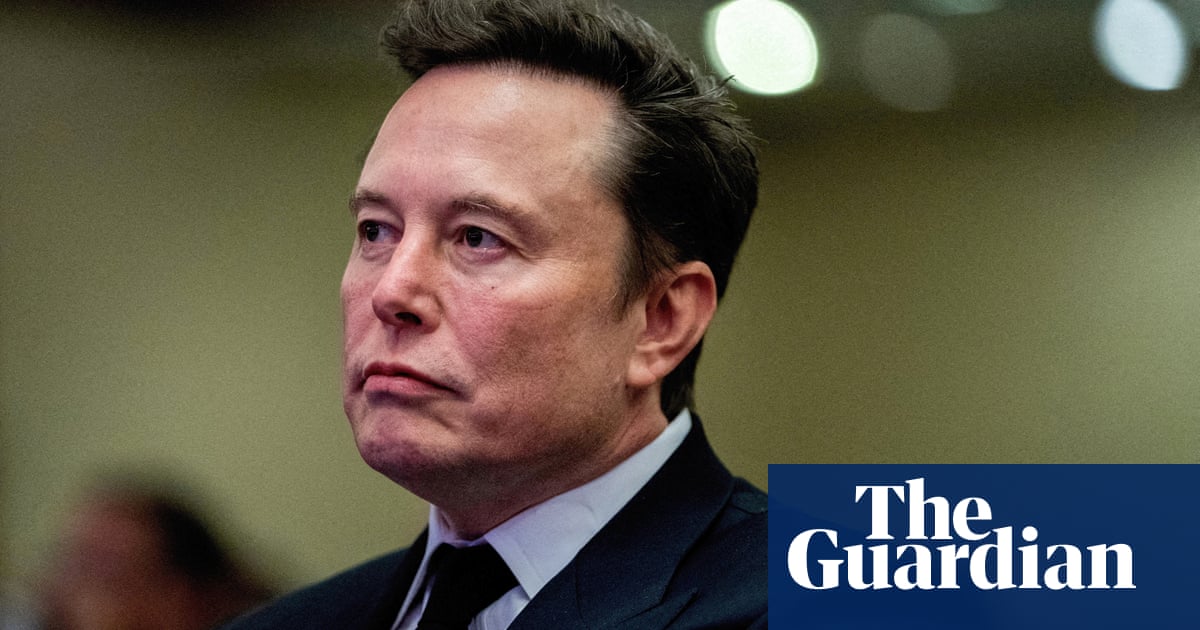When Delimar Vera was six years old, the woman she thought was her mother – Carolyn Correa – turned to her and said, “There’s a bad lady who wants to take you away from us, but you’re not going to let her, right?”
Vera promised she wasn’t going anywhere; she’d tell the “bad lady” to get off her. “I was a sassy kid,” she says now, 20 years on. Remembering that strange exchange still gives Vera chills. It was Correa herself that had taken Vera away, kidnapping her as a newborn, crossing over from Philadelphia to New Jersey, changing Delimar’s name to Aaliyah and raising her as her own. “It’s mind-blowing to think that the bad lady that Carolyn was talking about was actually my real mother,” she says.
Talking from her home in Philadelphia, Vera, 26, tells me the story of her bizarre and traumatic childhood – part horror story, part fairytale, and still in many ways a mystery. It is the subject of a documentary premiering next month.
Vera was born in Philadelphia in December 1997 to Puerto Rican parents Luz Cuevas and Pedro Vera. A fire broke out in their home 10 days later – supposedly the result of faulty wiring – after which no trace of Vera, no recognisable human tissue at all, was found in the gutted bedroom where she’d been sleeping. The infant was presumed dead – according to the medical examiner’s report “completely consumed by the fire”. However, Vera’s mother refused to believe this and six years later, at a birthday party, she spotted her daughter and recognised her smile, her dimples, her spirit – she believes it was “blood calling”, says Vera. Cuevas took some strands of the girl’s hair on the pretext that there was something caught in it and presented her evidence to police, begging for a DNA test. They investigated and ultimately confirmed the truth. Within weeks Delimar was returned to Cuevas and Correa was in prison, charged with kidnapping.

Unsurprisingly, the story exploded – it made national news, international news, then a Disney made-for-TV movie. It was celebrated as a happy-ever-after, a miracle reunion and testament to one mother’s love. The truth, of course, was much darker and more difficult. How could it not be? At six years old, Vera had to restart completely, with new parents and new siblings, in a new city, new school, new language (her real parents spoke no English, and Vera spoke no Spanish), even a new name. “I hated Delimar at the beginning,” she says. “What is that? Delimar? Delaware? People would call me and I wouldn’t look at them. I wanted my old name!
“For a really long time, I almost thought this new life was temporary,” she continues. “I had one photo of me with my old siblings on a beach and I’d look at it and think, ‘Oh, I’m going to go back and see them again.’ The media images showed me and my new family hugging and kissing. The public response was, ‘Let’s take photos!’ ‘Let’s do movies!’ but there was no support, no therapy, no resources. Nobody ever sat us down and said, ‘Are you OK? Do you need help?’” The police and public focused on the kidnapping itself and the rescue, brushing aside the six years in between and the obvious challenges ahead.
In truth, Vera’s early years as Aaliyah had a strangeness that she felt but never understood. Her three siblings were much older – two in their teens, one closer to 30 – and Correa was a largely absent single mum who worked long hours in a pharmacy. Vera spent more time with extended family than she did with the person she thought was her mother. “Surprisingly, out of everybody in the family, Carolyn is the one I remember least,” she says. “I think trauma has a way of blocking certain people out of your life.”

The memories Vera does have of Correa aren’t all good ones. “She had a big personality,” says Vera. “She was generally a very charismatic, funny person but I also remember running from her.” Correa could be cruel. “She had this belt with little circles on it and when she hit me with it I’d have the imprints of those circles on my body.” However, it was Correa’s partner that scared Vera most. “I heard later that he died from a heroin overdose. I’m not sure if he was on heroin when we were living together but it would explain a lot. He was very, very mean – a psychotic person.” Vera had long outgrown her tiny toddler bed that was in the couple’s bedroom, so at night she bed-surfed with no real space of her own. Did she feel loved by Correa? “Not really,” she says. “But to this day I’m someone who swallows my feelings. I tried to be as happy and upbeat as I could. I think I was in denial about a lot of things.”
That chance meeting with Cuevas, her real mother, at a family member’s birthday party in Philadelphia, is clear in Vera’s mind. “I gravitated towards her,” she says. “I remember thinking, ‘This lady is so beautiful.’” But that Disney moment was more complex than ‘blood calling’. Cuevas had seen Vera’s family likeness, but she’d also recognised that the woman claiming to be Vera’s mother had been at their house on the night of the fire. Correa was distantly related to Vera’s father, Pedro Vera.
Why and how she kidnapped Vera is still not known, although the documentary explores several possibilities. One is her yearning to be pregnant again, and a history of telling friends, family and even hospitals she was pregnant when she wasn’t. Another is her long criminal past, and the fact that she was facing charges for theft and arson – starting a fire in a wastepaper bin – from her workplace. Having a newborn baby might have won her a more lenient sentence and kept her out of prison. The darkest, most damaging theory – and the one her mother Cuevas believes to this day – is that the kidnapping was hatched and carried out by both Correa and Vera’s father, Pedro. According to Cuevas, he had never believed the baby was his – no father is named on Vera’s birth certificate. The couple separated during the years Vera was missing.
Pedro Vera vehemently denies any role in his daughter’s kidnapping and has never been charged, but this was another emotional layer for Vera to navigate. Though she was returned to Cuevas and her new siblings – three brothers – she spent every other weekend with her dad. “It was really tough and conflicting,” she says. “I could understand why my mum believed what she did, but I didn’t want to believe it so I just kind of blocked it. My dad was like a big kid – he’s fun, great to be around. It was like hanging out with a sibling.”

Her mum was the “grownup”. “She is such a strong Latino woman,” says Vera. “She was super-strict – rightfully so. She’d lost me once. She was terrified of me going into the outside world.” At her new home, Cuevas made sure Vera had her own room. Her brothers – all quite close to Vera in age – had to share. “My mum said I was a girl, I needed my privacy.” Vera experienced Spanish food for the first time – in vast quantities. “I don’t remember any great meals at Carolyn’s – I remember being so hungry, my brother had to share half a pop tart with me,” she says. “My real mum would serve rice and beans like I was eating for three and tell me I had to eat it all.” And unlike Correa, she also kept a very clean house. “You had to make your own bed and wash your own dishes. At eight, I was doing my own laundry.”
Now Vera sees it as “tough love”. “My mum’s not super-warm and fuzzy. She’s not a mushy person. Hugs are awkward for her, and she doesn’t say ‘I love you’ as she wasn’t raised that way. She had different ways of showing it.” As a child though, Vera sometimes felt alone. “I remember aged nine, thinking, ‘I’m not going to rely on anyone, I’m going to be independent.’ By the time I was 12, my mum and I were really butting heads. I’d really begun to process all this – that I was kidnapped, that it really happened. I was a very, very angry person. I had my teenage hormones too. I didn’t feel there was anyone I could talk to. I started to spiral and fall into a depression – but in my mum’s culture, those kind of emotions don’t exist. You suck it up and keep on moving.”
Eventually, Vera left home to live with her dad, but that relationship also broke down. “We were having a row and he said, at one point: ‘That’s why your mum doesn’t even want you.’ In that moment, it felt true and I exploded. I went into his bedroom and knocked all of my stepmother’s perfumes to the floor. That was the only time my dad ever hit me.” After this, she went into care. “I had my 15th birthday in a group home and neither of my parents called.”
Her life had strayed a long way from the movie script. For the next few years, Vera just about raised herself. “I sold newspapers, I worked in Mexican restaurants, I’d spend time in the group home, then go awol. I rented a room in an apartment or I’d stay with a friend’s godfather who was actually a predator. For a long time, I felt unworthy, undeserving of certain things.” At 19, Vera was in an abusive relationship, living in one of Philadelphia’s most dangerous neighbourhoods. “My boyfriend would go to the corner shop with a gun on his hips. It was like the wild west, and he was crazy,” she says.
But, at 20, she somehow found the strength to turn her life around. “Something shifted, and I think I just got sick of myself,” she says. “I was sick of feeling sorry for myself, of being a victim. You really come to realise that not everybody is going to feel as bad for you as you do for yourself. You have to accept that and do better. I became a lot more mature, saved up my money, and one day, when my boyfriend was at work, I grabbed my stuff, got my U-Haul and got out.”

Vera began renting her own apartment: “It was the size of a closet but it was mine and I loved it.” Shortly afterwards, in 2018, she met Isaiah, the man who is now her husband. “Whereas my abusive boyfriend isolated me further from my family – my mum had met him briefly and didn’t like him – Isaiah drew me closer to them. We started hanging out with my family more.” They’re close now. “My dad lives in Puerto Rico but he calls me and we’ll chat for an hour. My mum and I talk multiple times a week. We spend holidays together. My brothers are my best friends.”
Vera says taking part in the documentary was healing. Perhaps the most moving strand of the programme is the testimony of Antoinette, an “aunt” who provided most of her childcare during Vera’s six years with Correa, only to lose her completely when the kidnapping came to light. The programme put them back in touch and they now have a family WhatsApp. It also enabled Vera to sit down with her father and ask if he was involved in the kidnapping – something she’d never felt able to do before. (His response is in the third episode.) Vera’s mother did not want to be filmed; nor did Correa, who was given a nine to 30-year sentence for kidnapping, which she has now served. By the end, no clear answers emerge. “I’ve accepted that,” says Vera. “It’s the only way to move forward. I have to focus on my ‘right now’.”
Her life is pretty quiet, which is how she likes it. “As a child, I used to be super-outgoing but I’m more of an introvert now,” she says. Still living and working in Philadelphia, Vera shares a home with her husband and 11-year-old stepson. “I spend most of my days working from home with my dog and my cat. Sometimes I forget that all of this happened.”
She did eventually grow into her original name. “As an adult, I love my name. I haven’t met another Delimar ever,” she says. She’s also discovered that she’s a lot like her mother after all. Though Cuevas is missing from the film, she’s there at its heart – this woman who lost her child in an unimaginable fashion, then found and fought for her again. “My mum has taught me so many things,” says Vera. “We had our difficulties and I didn’t appreciate it at the time, but she taught me to be strong, how to be independent, how to take care of a household, how to take care of a child. We have the same laugh, the same sense of humour. When I show a little attitude to my husband, I always say, ‘Blame my mother. I get it from my mum.’”

.png) 2 months ago
34
2 months ago
34
